The Most Painful Parts of Living With FND
Sheryl from A Chronic Voice, as well as sharing her own stories and lessons with chronic illness. Sheryl is an excellent support to other bloggers and writers living with illness and chronic pain. One such way is through monthly link-up parties whereby bloggers and writers share their stories through given prompts. This August, I use the prompts to discuss the most painful parts of living with FND.
If asked what the most challenging part of living with a chronic illness is, what would be your response? Many assume that the immediate answer would be the symptoms that accompany it.
At first, I agreed that the symptoms were the hardest part of living with FND. It is hard not to agree that they are the worst aspect of living with FND, especially at a time when symptoms are exceptionally debilitating.
For example, the weakness and trembling in the legs have become so severe that everything has become a monumental struggle. The constant dizziness is so intense that nowhere feels safe. And relentless, crippling pain so terrifyingly unbearable that I am often unsure that I would make it through the day.
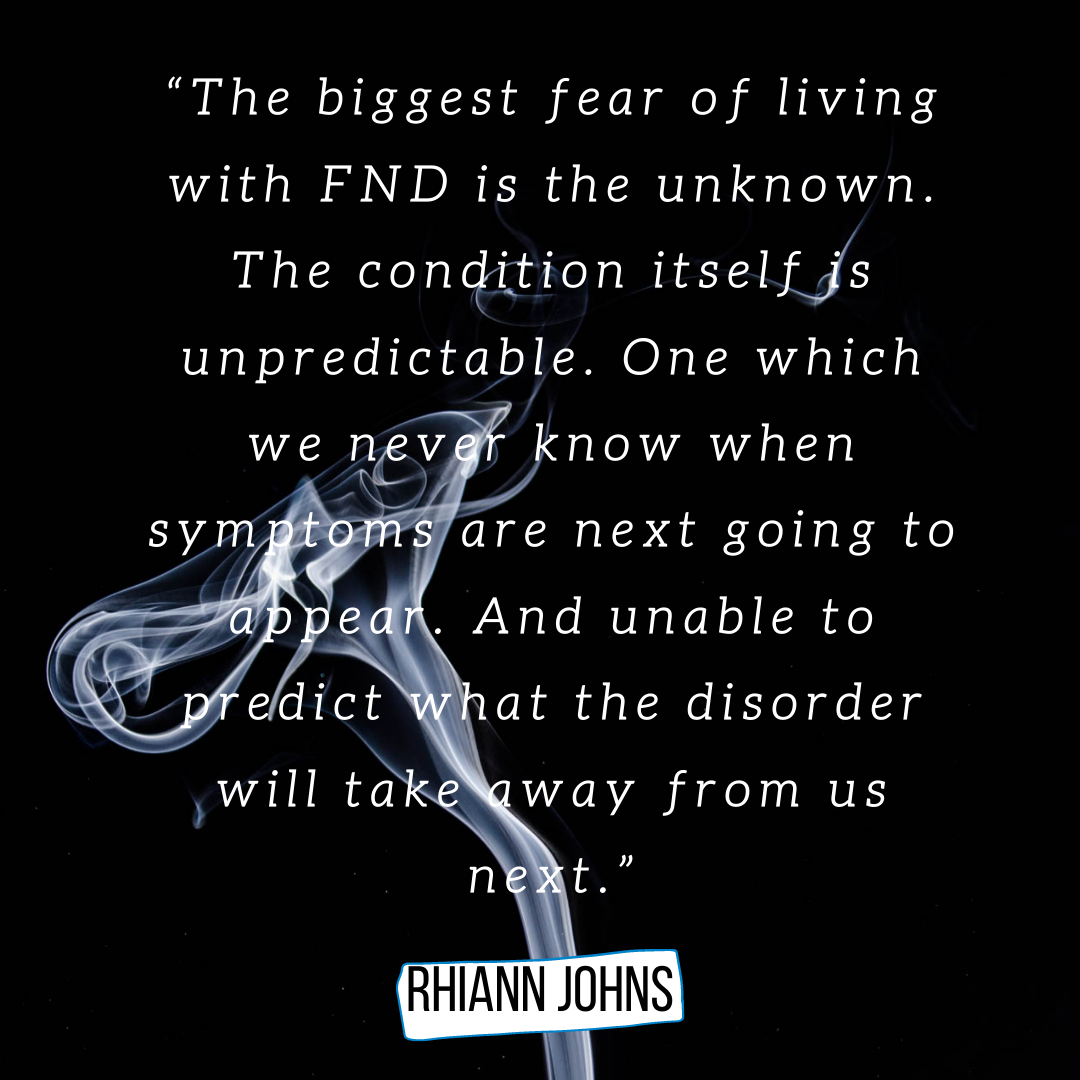
But as I continue to ruminate on the question, I realised that there are numerous painful aspects of living with FND. The truth is that the hardest part of living with a chronic illness continually changes. The answer to the question may be dependent on the type of day I am experiencing or how I am feeling at that particular time. Some things once were the hardest part of living with FND but became more manageable to live with over time. The list of the most painful aspects of life with FND has only grown over time as the condition continues to worsen and challenge me and my life.
"The truth is that the hardest part of living with a chronic illness continually changes. The answer to the question may be dependent on the type of day I am experiencing or how I am feeling at a particular time." Click To TweetSo what are some of the most challenging and most painful aspects of living with FND? Here are some of the answers that immediately sprung to mind as I contemplated the question.
The Most Painful Parts of Living With FND
The Unlocking of Uncertainty
Everyone likes and feels comfortable with certainty. Certainty locks the monster that is uncertainty away inside a prison cell. But when living with a condition such as FND, uncertainty becomes unlocked from its prison to become another prominent part of life with a chronic illness.
"Certainty locks the monster that is uncertainty away inside a cell. But when living with FND, uncertainty becomes unlocked from its prison to become a prominent part of life with a chronic illness." Click To Tweet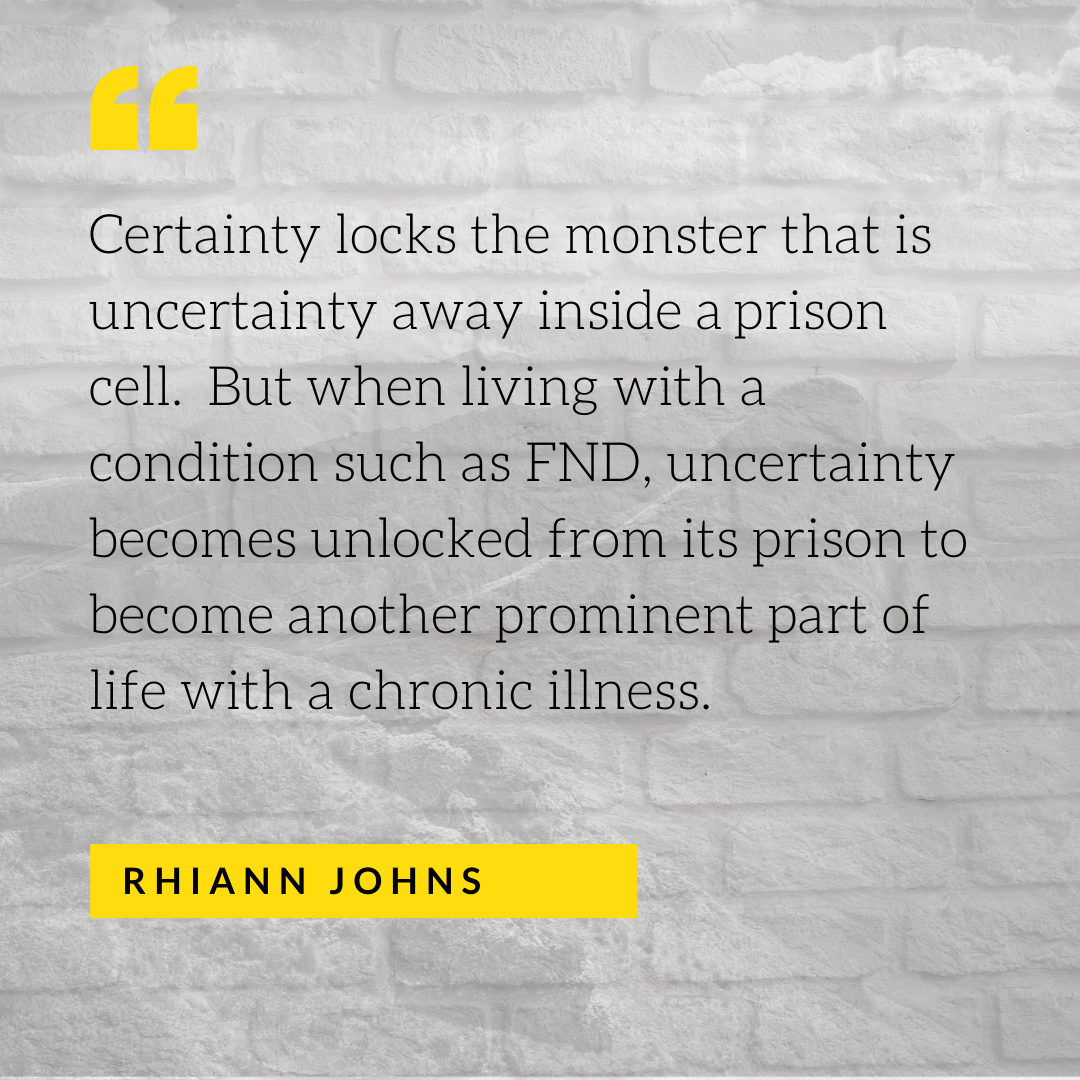
The frustrating uncertainty that accompanies chronic illness makes it extremely challenging to plan for the future, either the immediate future or the long-term. Every day met with impending apprehension, never being able to anticipate where or when symptoms will make an appearance. Forever uncertain whether each new day will bring few or no symptoms, or met with the whole set.
"Every day is met with impending apprehension, never being able to anticipate where or when symptoms will make an appearance. Forever uncertain whether each new day will bring few or no symptoms, or met with the whole set." Click To TweetLife with FND, anxiety has been a constant companion in my life with it. Feelings of anxiety will arise about things that might or might not happen, and very often worried about things that I never needed to worry about in the first instance. When living with an illness, instead you become anxious about things that will very likely happen – you know certain things like experiencing a flare will happen, you just don’t know when.
"When living with an illness, instead you become anxious about things that will very likely happen – you know certain things like experiencing a flare will happen, you just don't know when." Click To TweetThe weakness and trembling in my legs often give way with no warning. Legs giving way, leading to falling, resulting in bruises has become a certainty in my life, but remain entirely uncertain when such an incident happens. And something that causes high anxiety in my life, as I am always on edge, waiting for it to happen, and worried that it would happen somewhere dangerous such as in the middle of a road.
A Continuing Number of Limitations
Accepting the label of someone with a neurological disorder and a disability was immensely challenging. I had to confront the reality of the far-reaching impact that the condition and its accompanying symptoms were having on me and my life. And as the years increased, symptoms worsened, becoming more debilitating and therefore limited in what I was able to do.

As the years increase, it seems that the weakness in my legs is continuously deteriorating. The length of time I can stand because of it and the pain that ravages them is forever decreasing. It is this symptom that limits me the most. I am unable to do things or go anywhere that requires standing for any length of time. The distance I can walk for has also decreased, therefore limiting me even further, and becoming reliant on other people to be able to go out.
Studying, But Still Learning Nothing
At University, when needing to write essays, a process I always enjoyed was researching the given topic. I loved trolling through books and journal articles, finding the necessary information to back up my arguments. This skillset came in useful when diagnosed with a neurological condition to enable me to find out all I can about my diagnosis.

Unfortunately, a disorder like FND, however, the unknowns heavily outweigh the knowns. The books or reputable websites online could not tell me why this happened to me, or how to make it go away. It was like being stuck in a long dark tunnel, with the end nowhere in sight. And what I could glean on what treatments and therapies have helped other patients I had already tried with no benefit.
"Unfortunately, a disorder like FND, however, the unknowns heavily outweigh the knowns. The books or reputable websites online could not tell me why this happened to me, or how to make it go away." Click To TweetIt was demoralising; making me feel like a lost a cause and definitely one of the lowest points on my journey with FND.
Watching Everyone Else Moving On With Their Lives
Another of the ubiquitous aspects of living with any chronic illness is isolation. The experience of being ill itself is isolating, as we observe everyone else around us as being healthy, active and able-bodied. But it’s also isolating as we are frequently left behind; left at home. As a result of the severity of the symptoms, I am often unable to participate in the world, my community or life, as I once could.
"The experience of being ill itself is isolating, as we observe everyone else around us as being healthy, active and able-bodied. But it's also isolating as we are frequently left behind; left at home." Click To TweetInstead, I am stuck at home, often in bed, crippled with pain and fatigue. Through the lens of social media, I watch others moving forward with their lives in ways that I am unable. And reaching milestones that I always imagined for myself but now feels too far out of reach.

Due to the severity of the symptoms I live with, I am unable to go out unless accompanied. As an adult, this is incredibly embarrassing and difficult. A part of my life that makes me feel like a child. And fear that like Peter Pan, I will never grow up.
A Fear That Healing Will Never Be
Like I fear that FND will never allow me to grow up, I also fear that it will never leave. I fear that the condition has left an indelible mark on my life that will never leave. And so perhaps more than I anything, I fear that I will never get better.
"I fear that FND has left an indelible mark on my life that will never leave. And so perhaps more than I anything, I fear that I will never get better." Click To TweetThe offer of a new drug, or new therapy offers renewed hope; the hope of getting better, or at least improving. But, that same hope is soon extinguished as improvements cease to materialise.
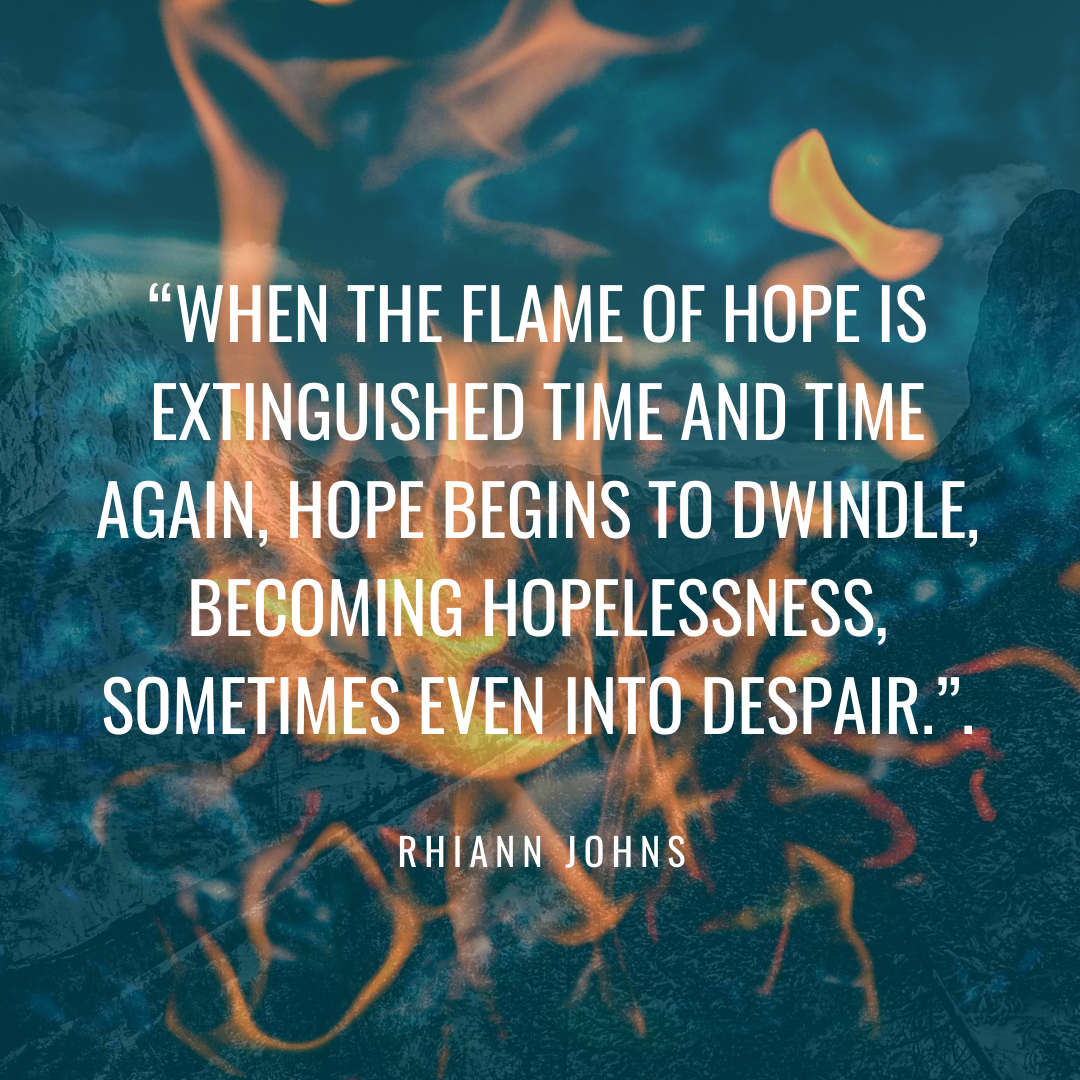
Perhaps I will always be this way. Maybe I won’t. But to live well alongside FND and its accompanying baggage, maybe I need to redefine my definition of healing.
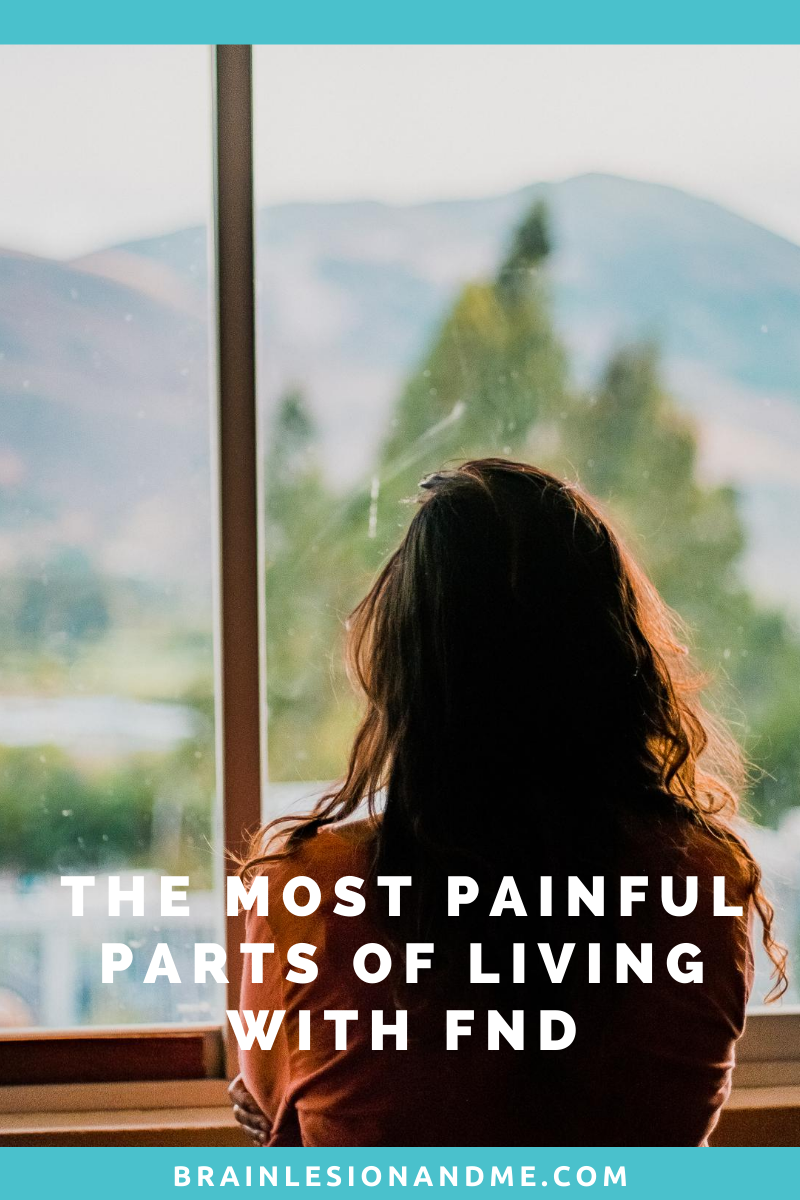
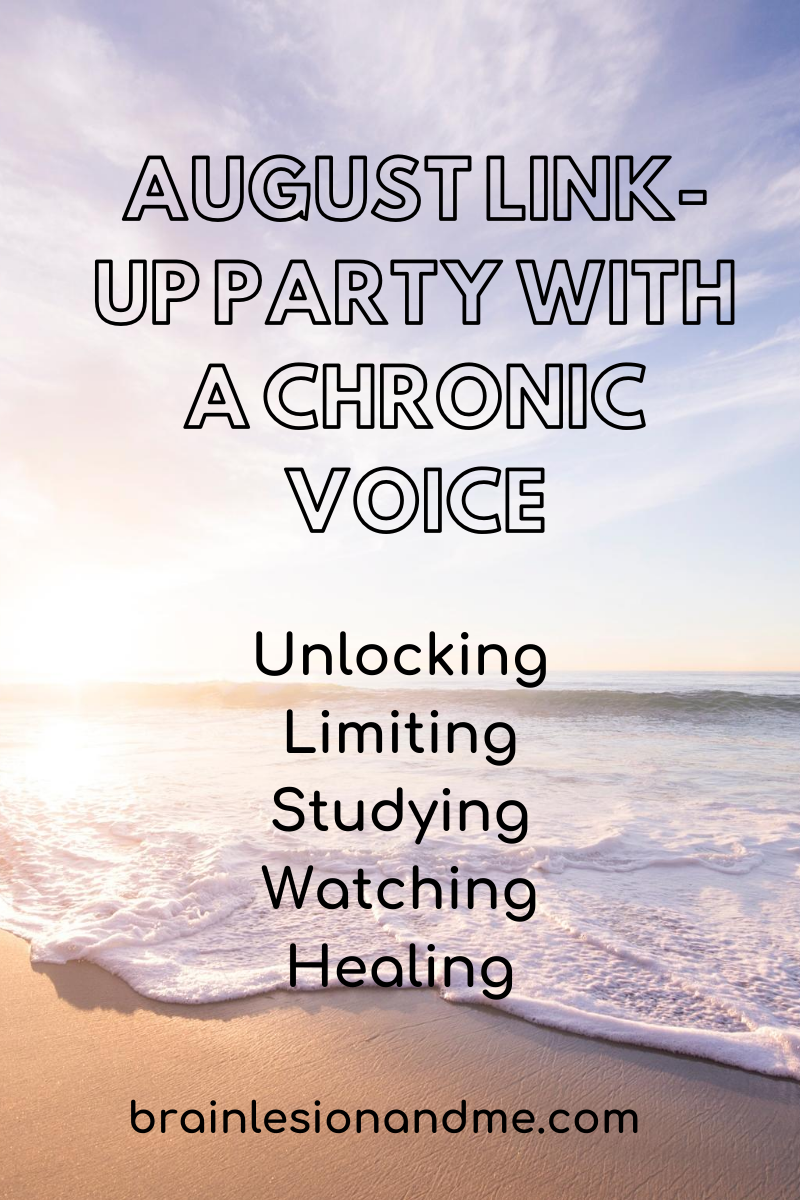
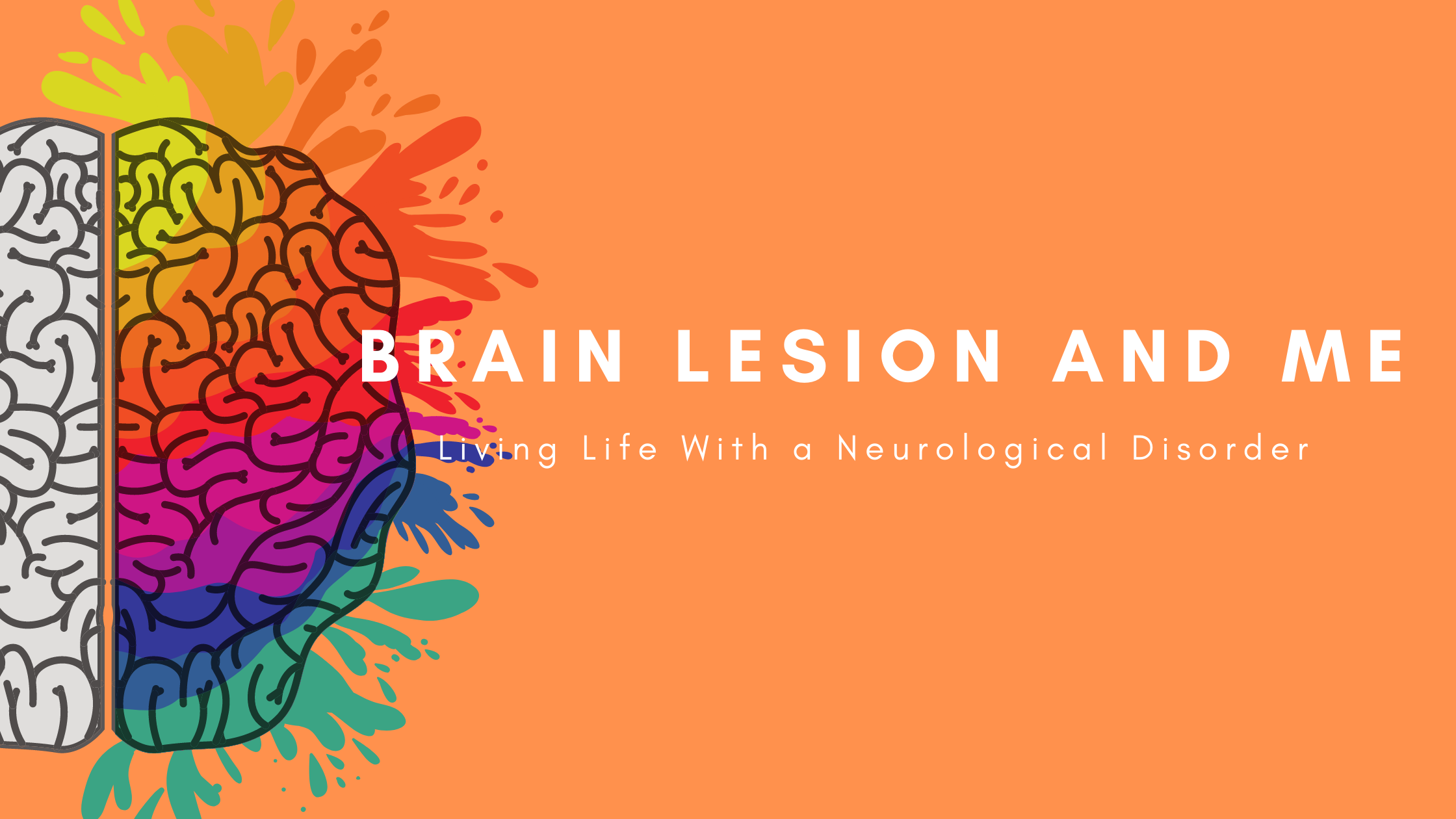

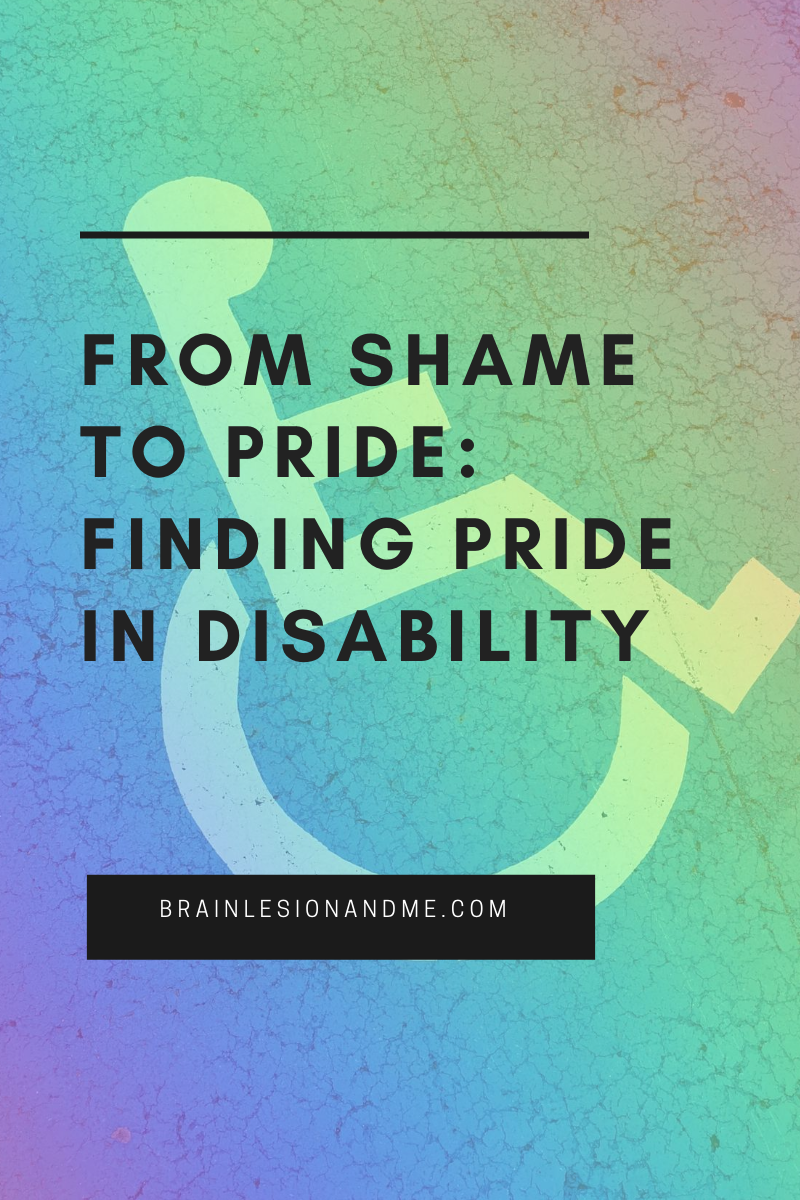

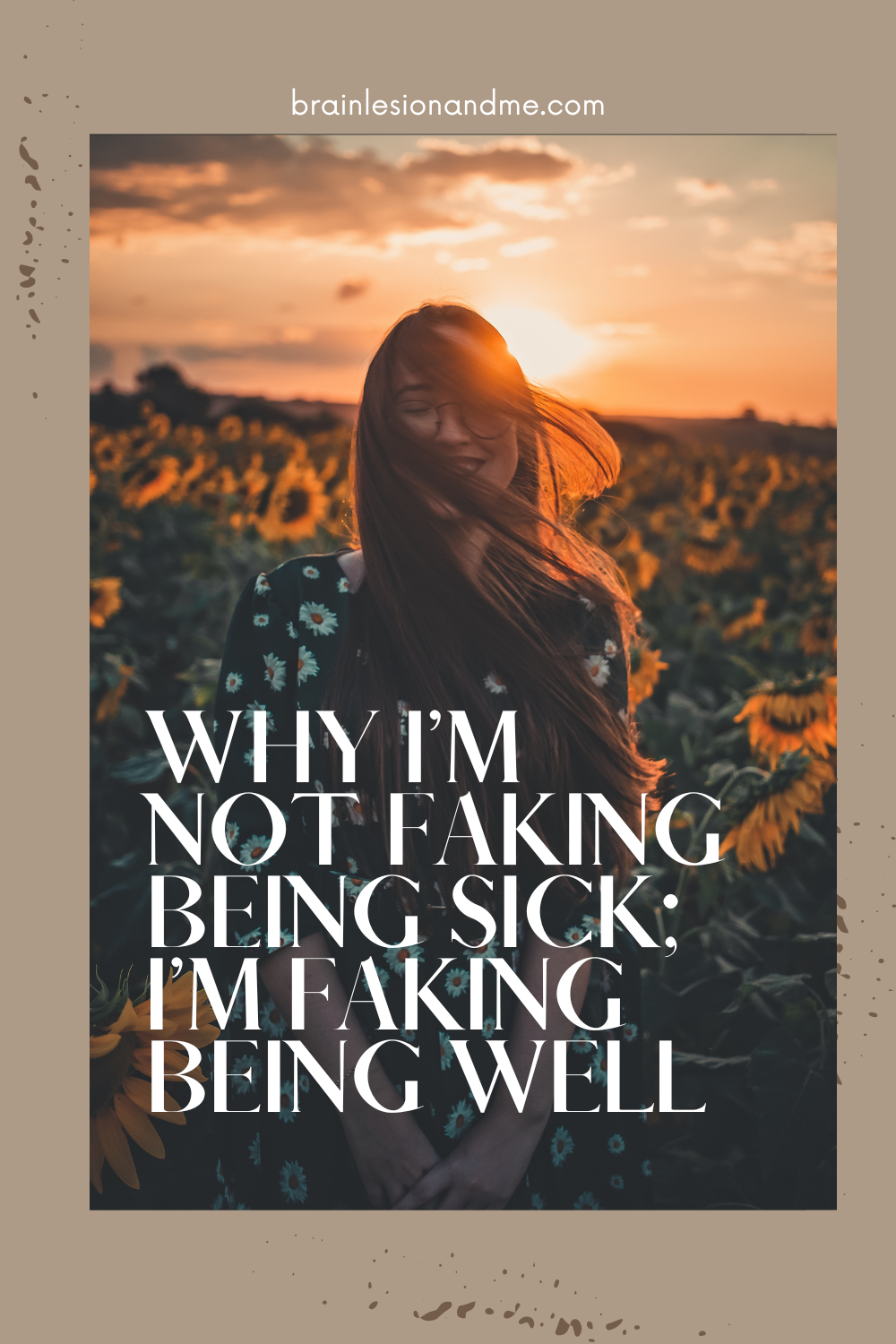

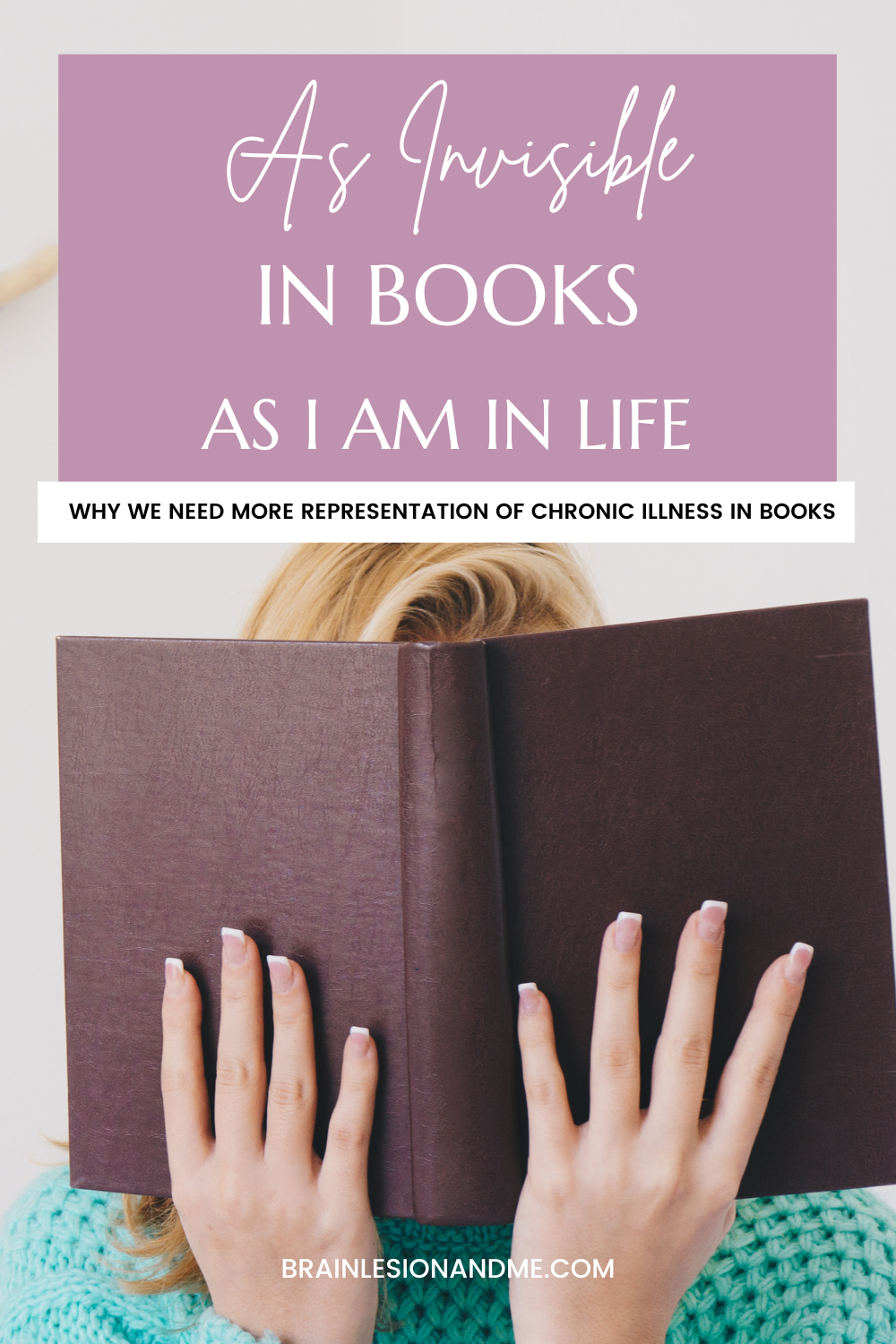
Kimberlee
Thank You Rhiann for articulating so beautifully the reality and unpredictability of chronic illness. I would argue with your point on Studying though, because I think you are learning a LOT. Please be gentle with yourself, study goes well beyond books and statistics. You are courageously delving into your own self-study as you hone in on your experiences. That is why you are able to share with such honesty and precision, what it’s like to truly live into the ache of FND. You are a remarkable and inspirational woman. My thoughts are with you through the struggle, sweet friend xx
Sheryl Chan
Thanks for sharing once again Rhiann, apologies I’m a tad late with the comment as the month’s already over! I am so sorry to hear of all your pains and fears, which are all too real and sound familiar for me, too. I am also glad that you are being vulnerable in a bid to help others know that they aren’t alone, and to share the knowledge that you have. Wishing you lots of love and low pain days.
Alison
Rhiann,
Beautiful articulation of the challenges that accompany your FND symptoms. The uncertainty is so extremely frustrating…there’s always a chance of a new symptom or reverting to a really tough former symptom. It’s so hard to predict what happens next or if you’ll be able to do the thing you had planned!
I found an amazing improvement when I participated in the MoRe program, an intensive PT/OT plus treatment. It was transformational for me.
I hope things improve for you…you deserve to be happy!
Thank you for bringing me along into your world!
Ana
What kinds of treatments are available for FND? Is it mostly Cognitive Behavioral Therapy?
Rhiann Johns
Hello again, Ana! Another great question! Challenging for me to answer, as living in Wales where there are no real specialists based here, treatment has been hard to access and have barely seen anyone regarding the worst of my physical symptoms for some time. CBT is widely used to help those living with FND, but other popular treatments also include physiotherapy and occupational therapy.